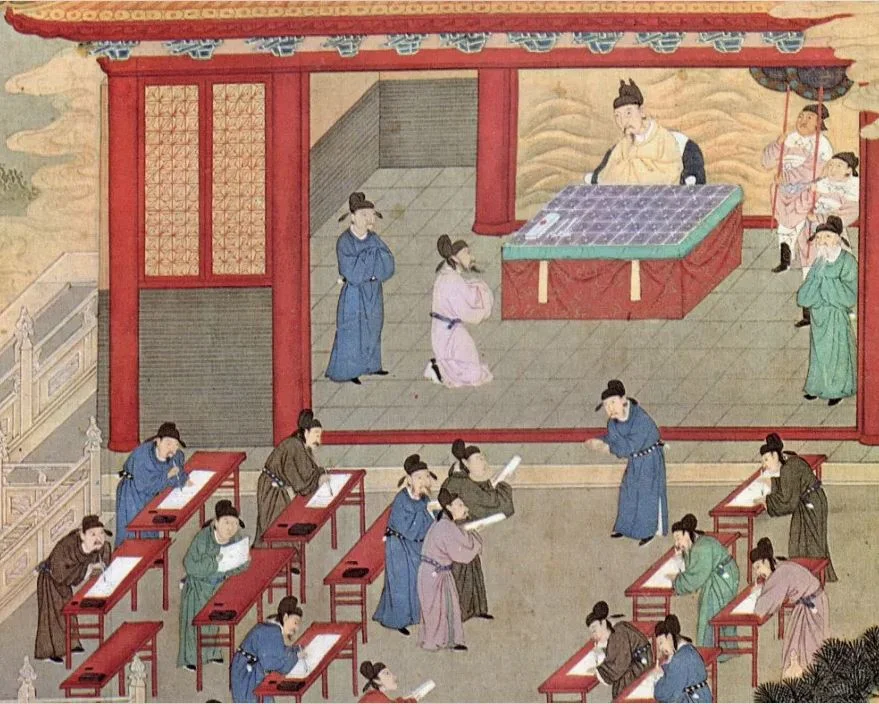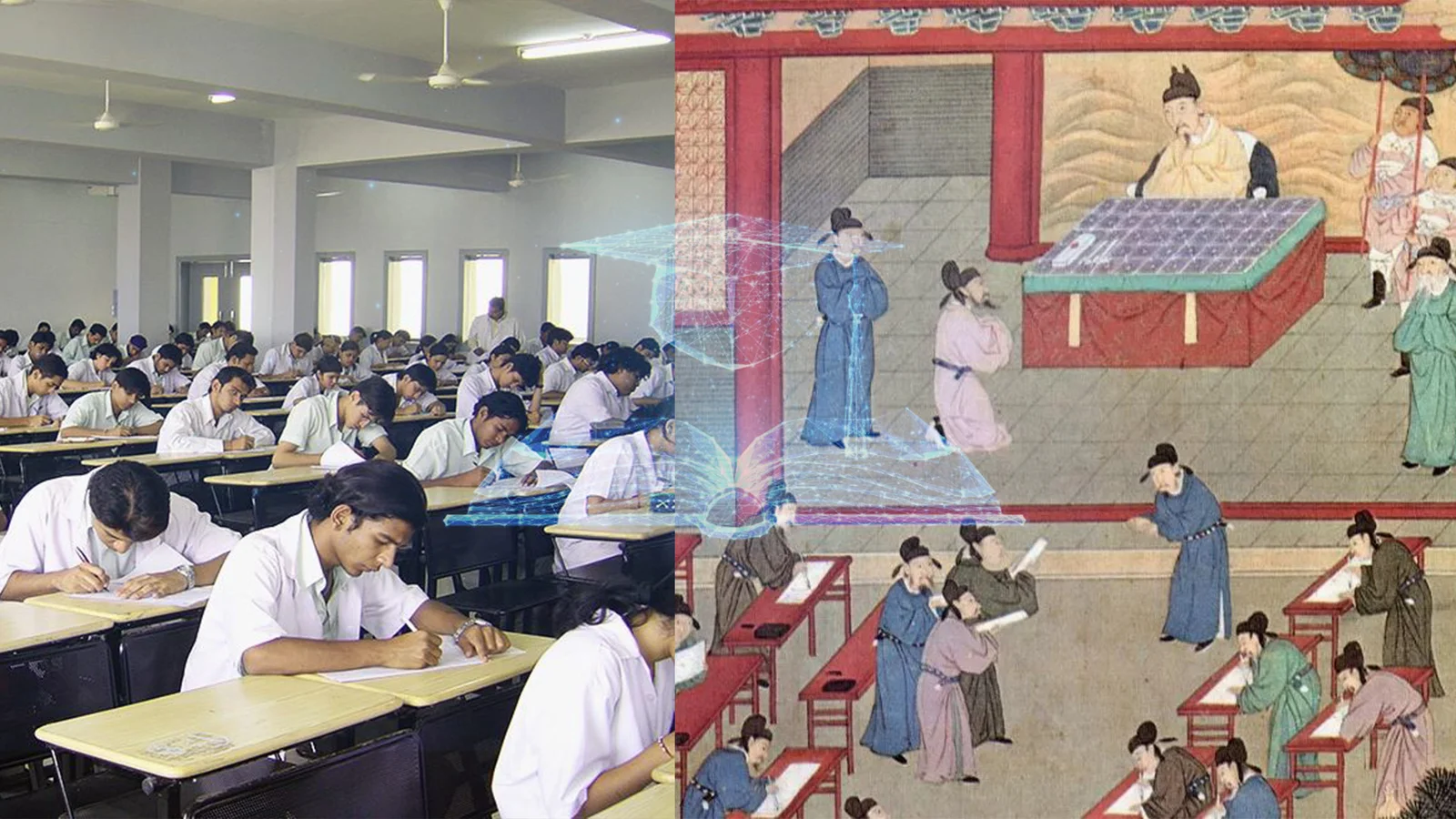The Untold History of Exams
History of Exams: Examinations have become an integral part of our educational journey, acting as gatekeepers to academic and professional success. The story of exams is a fascinating journey that spans centuries, from ancient civilizations to the digital age. Let’s embark on this historical exploration and crack open the chapters of the past, revealing the evolution, controversies, and future trends.
Table of Contents
Ancient Examination Systems

In the annals of history, the roots of exams can be traced back to ancient civilizations. In China, during the Han Dynasty (206 BCE–220 CE), imperial examinations were conducted to select government officials based on merit rather than hereditary privilege. This innovative system laid the foundation for meritocratic evaluation.
Oracle Bones and Imperial Exams
The Chinese used oracle bones for divination, where cracks on bones were interpreted as answers to questions. Imperial exams tested candidates on Confucian classics, ensuring a scholarly and bureaucratic elite.
Medieval and Renaissance Periods
As we move through time, medieval and Renaissance Europe witnessed a different approach to exams. The emphasis shifted to oral examinations, essays, and practical demonstrations, allowing for a more comprehensive evaluation.
Ecclesiastical Exams and Scholasticism
During the medieval period, ecclesiastical exams were prevalent, testing candidates on theological knowledge. The rise of scholasticism led to debates and discussions as part of assessments.
Emergence of Modern Educational Systems

The modern era brought significant changes to examination systems, with the formalization of education and the establishment of standardized testing.
Rise of Standardized Testing
In the 19th and 20th centuries, standardized tests gained prominence, aiming to create a fair and objective evaluation process. This shift had profound implications for education worldwide.
19th and 20th Centuries
The 19th and 20th centuries witnessed the refinement of examination systems, shaping the educational landscape we recognize today.
The SAT and Educational Reforms
The introduction of the SAT in the United States marked a departure from traditional exams. Educational reforms aimed to democratize access to higher education, challenging existing norms.
Digital Era and Online Exams

Fast forward to the digital age, where technology has revolutionized examination methods, introducing online exams and adaptive testing.
E-Exams and Technology Integration
The advent of e-exams has streamlined the assessment process, providing convenience and efficiency. Technology integration brings new possibilities for interactive and dynamic assessments.
Criticisms and Controversies
While exams play a crucial role, they haven’t been without their fair share of criticisms and controversies.
Standardized Testing Debates
Debates on the efficacy of standardized testing, exam stress, and concerns about bias have fueled discussions on reforming assessment methods.
Current Trends in Assessment
In the 21st century, assessment methods continue to evolve, embracing innovative approaches to better measure learning outcomes.
Competency-Based Assessments
Competency-based assessments focus on skill mastery, providing a more holistic view of a student’s capabilities. Project-based evaluations offer real-world application of knowledge.
Global Perspectives
Exams vary across cultures and countries, reflecting diverse educational philosophies and approaches.
Cross-Cultural Examination Practices
Exploring cross-cultural examination practices sheds light on the rich tapestry of global education, highlighting both similarities and differences.
Future of Exams

What lies ahead for examinations? The future promises exciting developments and challenges.
Adaptive Learning and Continuous Assessment
The shift towards adaptive learning and continuous assessment heralds a future where exams become part of an ongoing learning process.
FAQs
Q: Who invented exams?
A: The concept of exams dates back to ancient China, where imperial exams were introduced during the Han Dynasty.
Q: How have exams evolved over time?
A: Exams have evolved from oracles and oral assessments to standardized testing and digital examinations.
Q: What are the criticisms of standardized testing?
A: Standardized testing faces criticism for its potential bias, stress-inducing nature, and limitations in assessing overall competency.
Unlocking the Future: A Shift in Educational Paradigm
As we navigate the complex history of exams, we witness an ongoing transformation in educational paradigms. The journey from ancient oracles to modern e-exams reflects not only our commitment to knowledge but also the adaptability of assessment methods. The quest for a fair, comprehensive, and inclusive examination system continues, echoing through the corridors of educational history.




